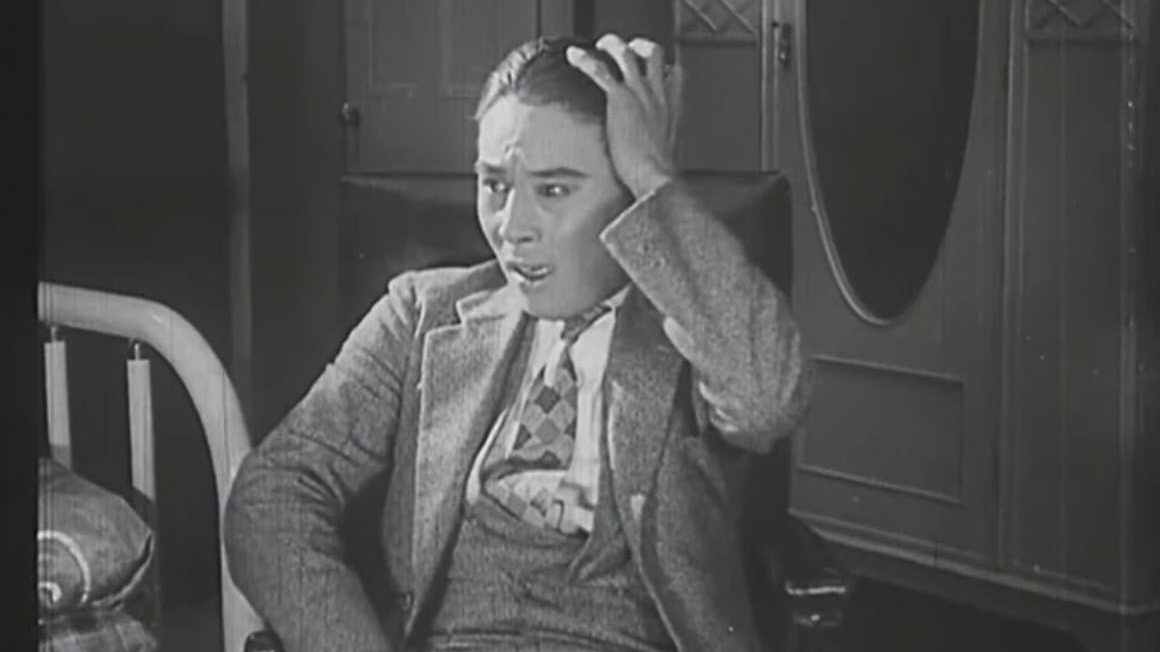Module 5: New Women (1935)
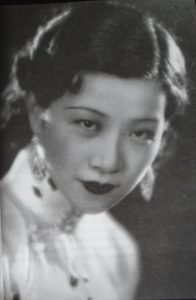
What is the reality women face in Chinese society? What should it be? This “problem film” dramatizes the perils facing women seeking a public role in society, especially a predatory news media that treats them like commodities for public consumption. A film inspired by the recent suicide of actress Ai Xia (who appears in Spring Silkworms), the film became a sensation when lead actress Ruan Lingyu committed suicide on March 8, 1935–International Women’s Day.
This module corresponds to chapter 6 in the book Chinese Film Classics, 1922-1949.
The film:
Xin nüxing
Alternative English titles: New Woman, New Female
Produced by: United Photoplay Services, Ltd. (Lianhua yingye gongsi 聯華影業公司) (second studio)
Director: Cai Chusheng 蔡楚生
Screenplay: Sun Shiyi 孫師毅
Year of release: 1935
Cast: Ruan Lingyu 阮玲玉, Zheng Junli 鄭君里, Yin Xu 殷虛, Wang Naidong 王乃東
English subtitles translated by Eileen Cheng-yin Chow
Video lecture 1: Sensational New Women
11 minutes
Contents:
- Plot summary
- A film inspired by an actress’s suicide…and followed by the suicide of its star, Ruan Lingyu
- Marketed as a “problem film” about “the woman question” – really, an array of questions about what the lives of women were and should be in modern China
- Trends in the public visibility of women in modern China, and their representation in popular culture
- A visually sensational film: wipes, split screens, matte shots, and other types of superimposition
Video lecture 2: Visual and Sonic Symbolism
15 minutes
Contents:
- Double standards and triple lives: the symbolism of mirrors, photographs, and toys
- Wei Ming vs. Aying: Representing one type of new woman as flat and passive, and another as a three-dimensional bodily force
- Silenced women: music and singing as plot and symbolism; muted cries
- “I want to live!”: a dubbed sound-on-disk film made on the cusp of the talkies era
- How to interpret the film’s ambiguous ending?
Learn more:
Scenes from New Women
This encounter between Wei Ming, Mrs. Wang, and Aying (Ah Ying) is suggestive of the personalities of the three “new women”:
Yu Haichou’s boss agrees to publish Wei Ming’s novel only after he sees her photograph:
Yu Haichou rejects Wei Ming’s advances in her apartment, inadvertently sending her into the arms of playboy Dr. Wang:
A flashback, made with superimposition, shows Wei Ming’s memory of how she met Dr. Wang, as she rides in his car to a Shanghai nightclub:
Parallel editing contrasts play and work, around the clock:
Wei Ming experiences hallucination and vertigo during a cabaret performance:
Aying and her students sing the “Song of the New Women”:
Aying beats the stuffing out of Dr. Wang, who has pursued Wei Ming to her apartment:
Comparisons with other films
Ruan Lingyu also plays a single mother in dire straits in Goddess (1934):
Actor Yin Xu, who plays Aying, appears in a similar role as a physically strong woman in Sports Queen (1934):
Compare the mirror kiss scene in New Women to this one in Trouble in Paradise (1932):
The Cheat (1931) also features the use of a doll to represent women – here in the hands of a male sexual predator:
Related Posts
Teaching Resources for Early Chinese Cinema
The Chinese Film Classics Project is a research, teaching, and translation initiative aimed at making early Chinese cinema more accessible to the general public

Special Effects
Special effects were common in early Chinese cinema, especially in comedies and martial arts (wuxia) films of the 1920s

Chinese Film Classics, 1922-1929 (2021), by Christopher Rea
An essential guide to the first golden age of Chinese cinema, offering detailed introductions to fourteen films.
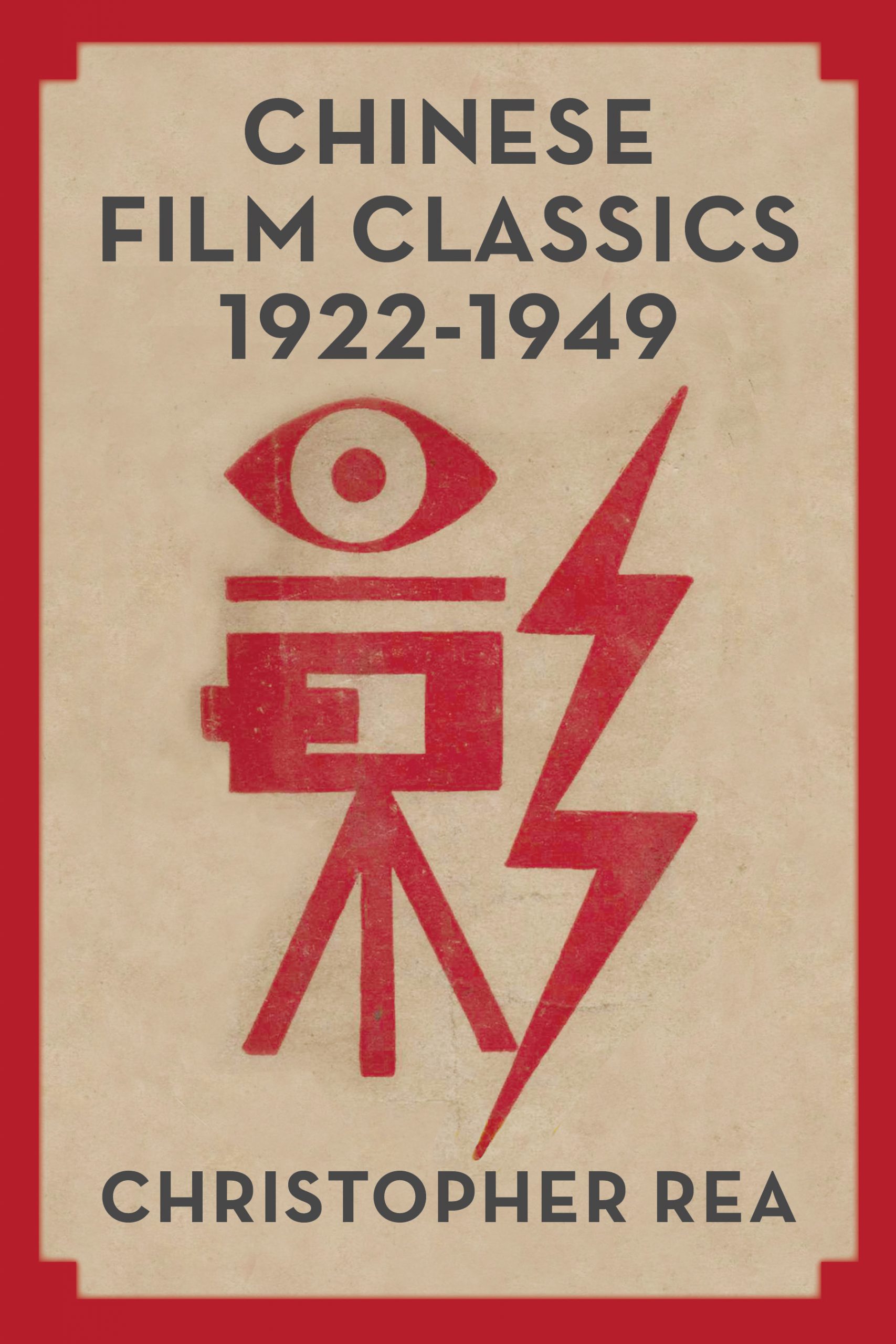
Ruan Lingyu 阮玲玉
Ruan Lingyu is one of the most iconic actors of China's silent cinema age.
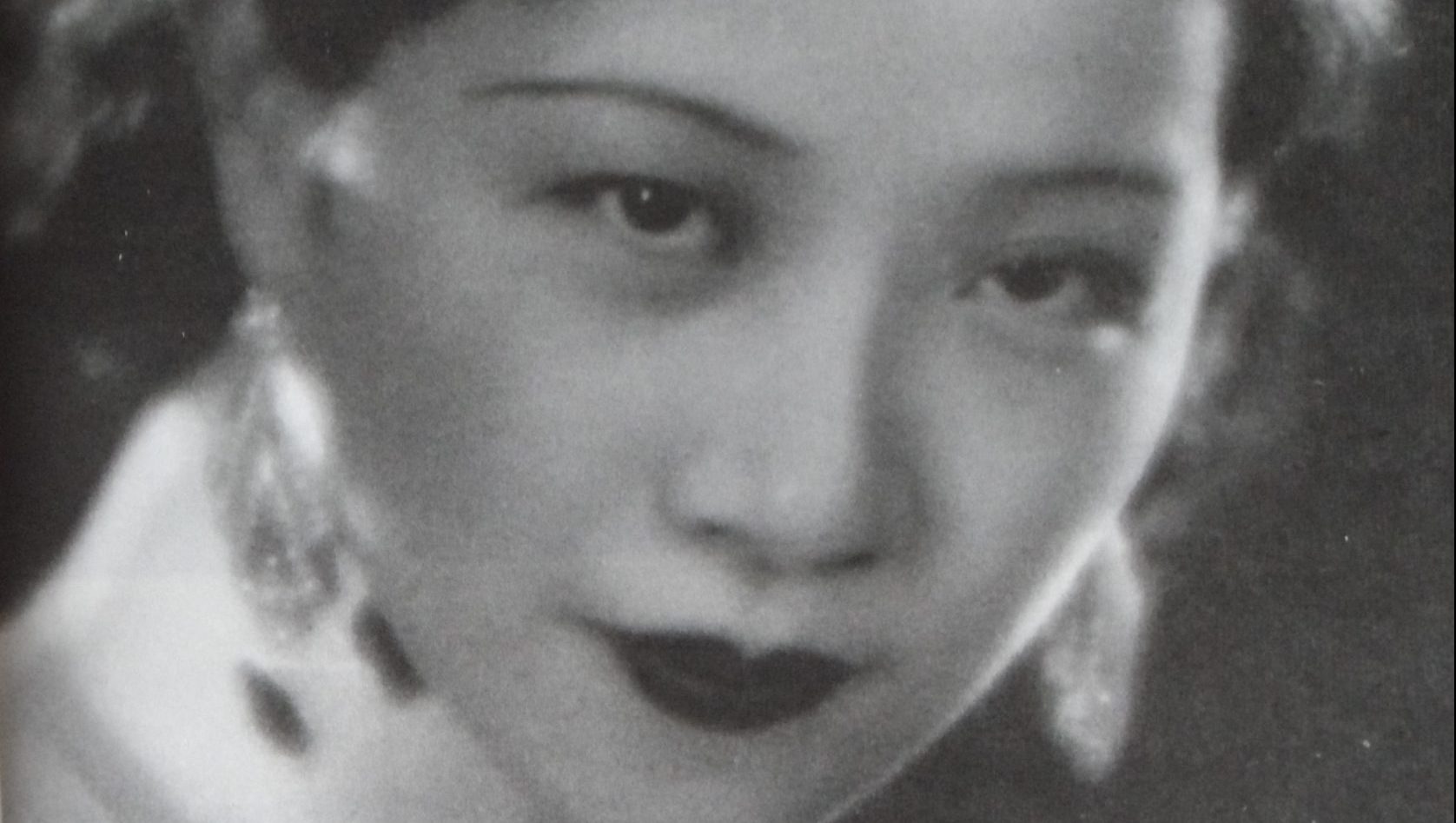
2021/03/01-05/12: Association for Chinese Animation Studies inaugural conference
A Zoom webinar featuring 19 panels of new academic research on Chinese animation, hosted by HKUST

2019/10/03-11-16: Zheng Junli films at BAMPFA
A retrospective on actor-director Zheng Junli, featuring 10 of his films, several of which were restored by BAMPFA
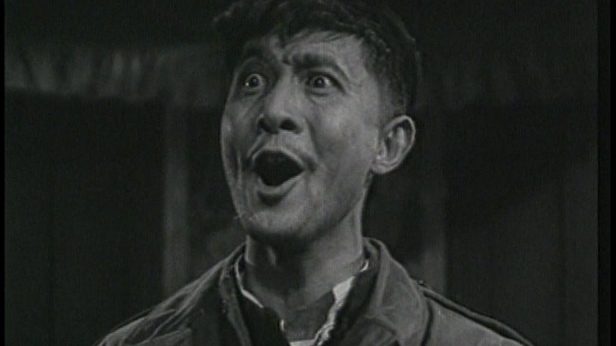
Animated Encounters (2019), by Daisy Yan Du
China’s role in the history of world animation has been trivialized or largely forgotten. In Animated Encounters Daisy Yan Du addresses this omission in her study of Chinese animation and its engagement with international forces during its formative period, the 1940s–1970s.
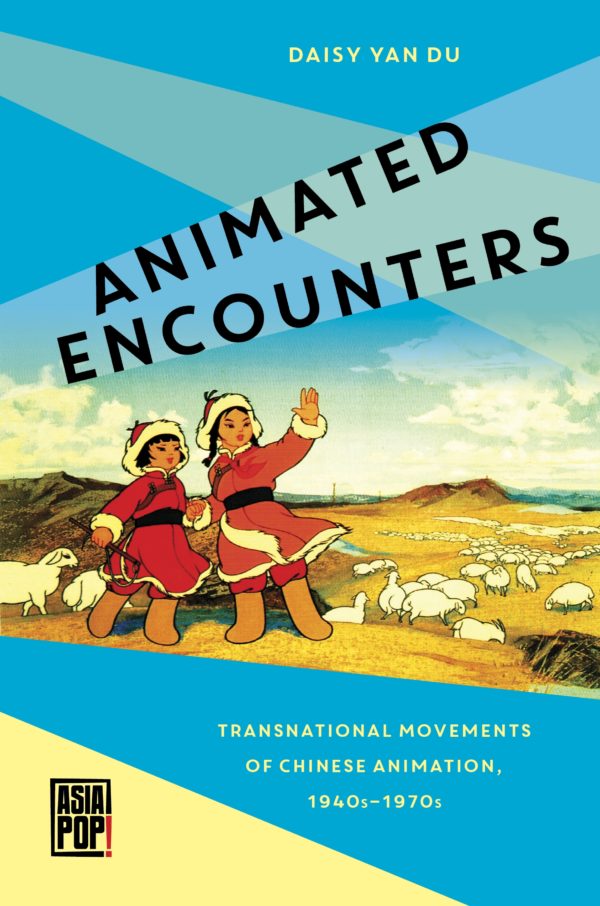
An Amorous History of the Silver Screen (2005), by Zhang Zhen
The first sustained historical study of the emergence of cinema in China, An Amorous History of the Silver Screen is a fascinating narrative that illustrates the immense cultural significance of film and its power as a vehicle for social change.
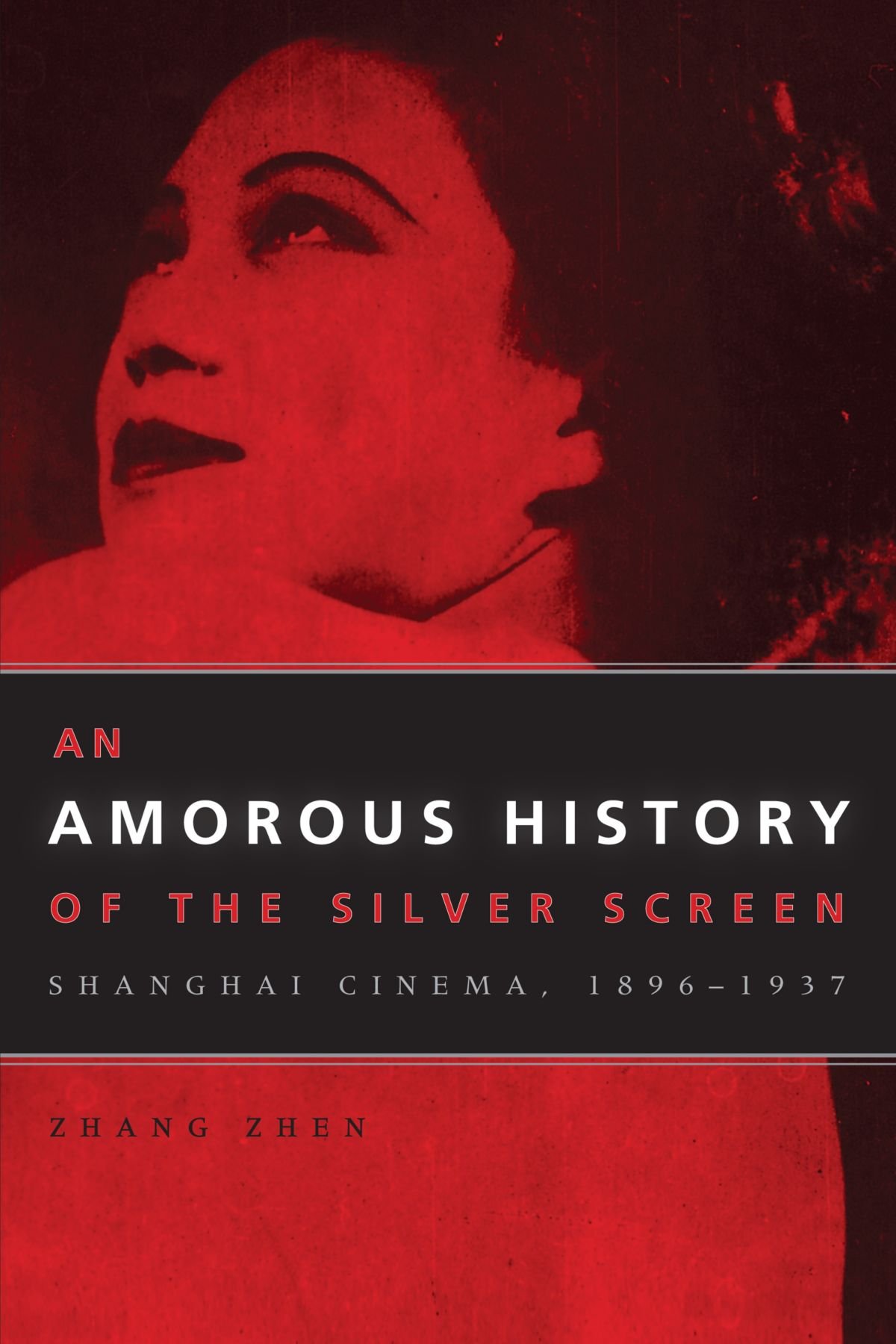
Ruan Ling-Yu (2005), by Richard J. Meyer
Ruan Ling-yu: The Goddess of Shanghai tells the story of one of the greatest Chinese movie stars of the silent era from humble origins to tragic death at the height of her career.
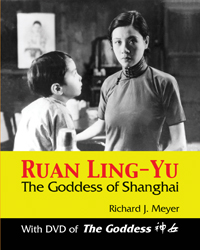
Crows and Sparrows 烏鴉與麻雀 (1949)
An epochal film, produced and set at the end of civil war, centering on a fight over housing. Who will stay and who will go?
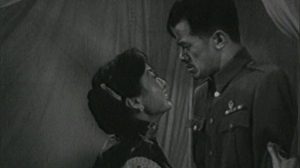
Spring River Flows East 一江春水向東流 (1947)
An epic melodrama in two parts. A dutiful wife struggles to keep her family together through eight years of war, only to suffer betrayal.
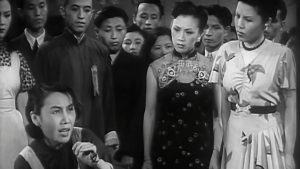
New Women 新女性 (1935)
A contemporary social drama about “the woman question.” What are women’s lives like in China today? And what should they be?
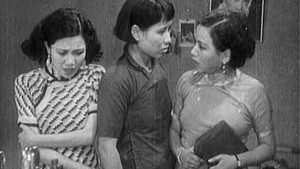
Goddess 神女 (1934)
Ruan Lingyu stars as a single mother in Shanghai struggling to give her young son an education, in the face of exploitation and social prejudice.
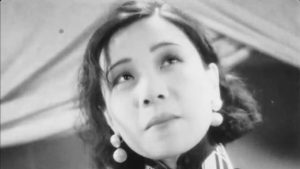
Playthings 小玩意 (1933)
Artisan toymakers struggling to survive amidst war and competition from big business.
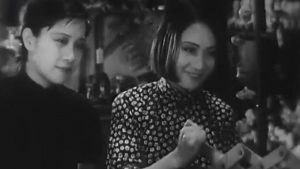
Spring Silkworms 春蠶 (1933)
Silkworm farmers in southern China find themselves in desperate economic straits, despite a bumper harvest.
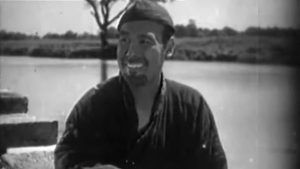
A Dream in Pink 粉紅色的夢 (1932)
A young couple in Shanghai divorce, to be reunited by the abandoned wife's devotion and literary talent.
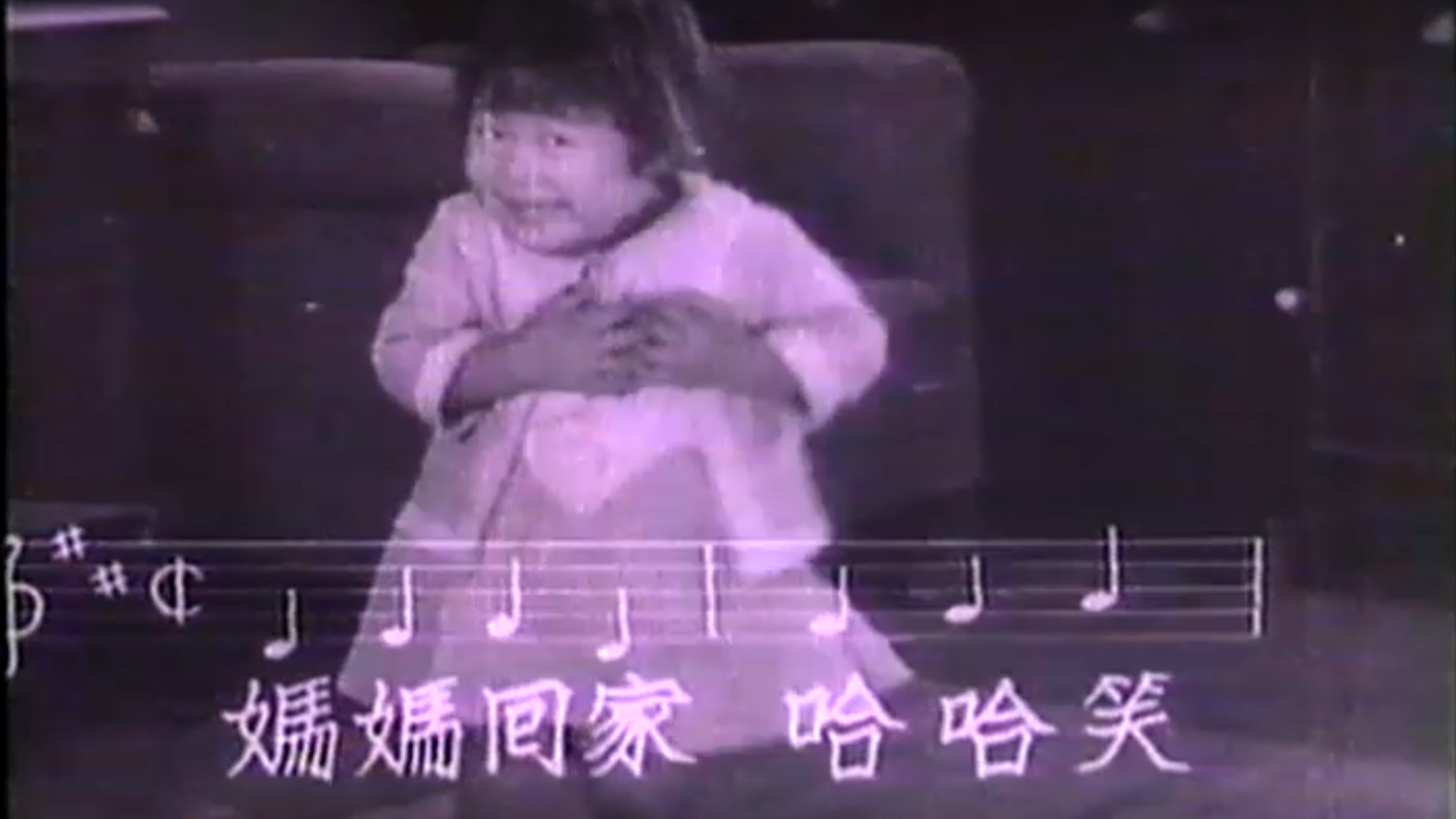
The Peach Girl 桃花泣血記 (1931)
The Peach Girl co-stars Ruan Lingyu and Jin Yan as lovers in rural China tragically separated by social class.
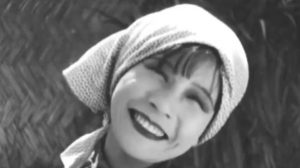
Love and Duty 戀愛與義務 (1931)
A romantic melodrama with paternalistic overtones, Love and Duty was the first Lianhua film to showcase the chemistry between Ruan Lingyu and Jin Yan.
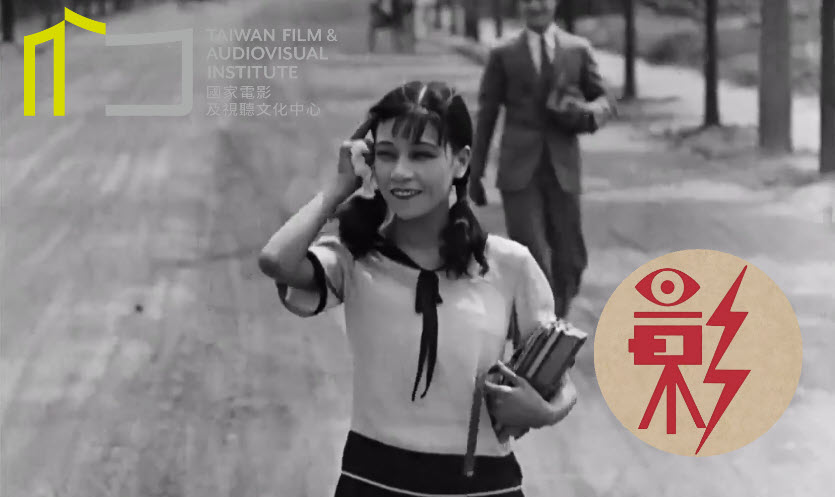
Don’t Change Your Husband 情海重吻 (1929)
A married woman falls for a playboy college student. Will she live happily ever after? And what about her husband? Who will set things right?
